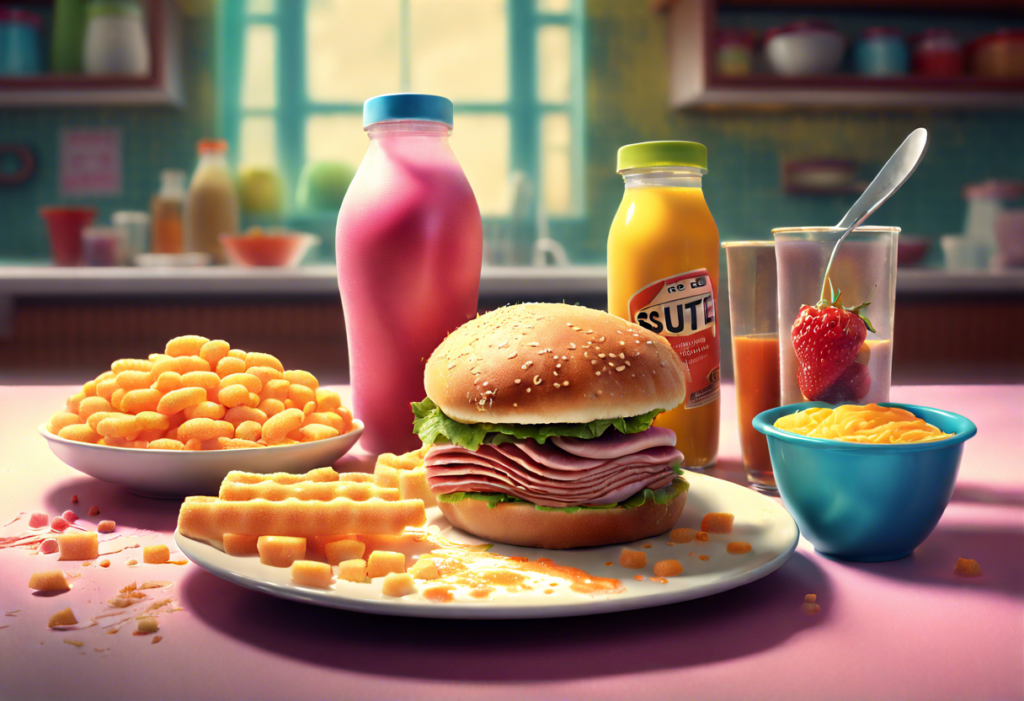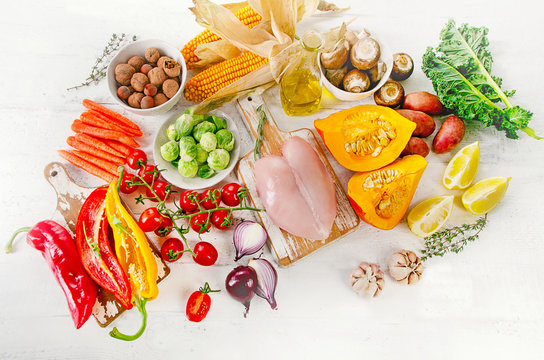Key Takeaways
- Avoid acidic foods like citrus fruits and tomatoes.
- Skip dairy products such as milk, cheese, and yogurt.
- Stay clear of high-fiber foods like whole grains and certain vegetables.
- Avoid spicy foods and high-fat foods.
- Limit carbonated drinks, alcohol, chocolate, and caffeine.
Sucralfate is a medication often prescribed for treating gastric ulcers and other gastrointestinal issues. While it’s effective in treating these conditions, your diet can significantly impact how well sucralfate works. Knowing which foods to avoid can make a big difference in your healing process.
How Food Interacts with Sucralfate

Food can either help or hinder the absorption of sucralfate. For instance, certain foods can delay or enhance how the medication is absorbed in your body. Meal timing is crucial; taking sucralfate on an empty stomach is often recommended to maximize its effectiveness.
Foods to Avoid
Acidic Foods
Citrus fruits, tomatoes, and vinegar-based foods can increase stomach acidity, which might interfere with sucralfate’s effectiveness.
These foods can irritate the stomach lining, making it harder for the medication to work properly. This interaction is important to understand for anyone dealing with stomach ulcers.
Dairy Products
Milk, cheese, and yogurt contain calcium, which can bind with sucralfate and reduce its absorption. It’s best to avoid consuming dairy products within two hours of taking sucralfate.
High-Fiber Foods
Whole grains, certain fruits, and vegetables, though healthy, can interfere with the absorption of sucralfate.
It’s recommended to separate the intake of these high-fiber foods from the medication by at least two hours. This is a key consideration for dietary restrictions sucralfate users need to follow
Spicy Foods
Chili, hot peppers, and other spicy foods can exacerbate gastrointestinal issues, causing discomfort and potentially disrupting the healing process
High-Fat Foods
Fried foods and processed meats like bacon and sausage can slow down digestion, making it harder for sucralfate to work effectively. Opt for baking or grilling as healthier alternatives. Understanding sucralfate and high-fat food consumption is essential for proper treatment.
Carbonated Drinks and Alcohol
Carbonated beverages and alcohol can irritate the stomach lining and interfere with medication absorption. It’s wise to avoid these drinks while taking sucralfate.
Chocolate and Caffeine
Chocolate and caffeinated drinks like coffee and certain teas can increase stomach acid production, which might reduce the effectiveness of sucralfate. Limiting or avoiding these items can be beneficial.
Supportive Foods
Probiotic-Rich Foods
Fermented foods such as yogurt, kefir, and sauerkraut are excellent for digestive health. They can support the healing process while taking sucralfate. These safe foods with sucralfate can enhance overall treatment.
Lean Proteins
Eggs, lean meats, and fish provide essential nutrients without aggravating stomach issues. These proteins can help rebuild damaged tissues, aiding in faster recovery. Including these in your diet is a part of dietary tips for sucralfate users.
Healthy Fats
Nuts, seeds, and oils like olive oil are rich in anti-inflammatory properties, which can be helpful during the healing process. These foods should be part of the best diet while on sucralfate.
Fruits and Vegetables
Eating a variety of colorful fruits and vegetables ensures a good intake of fiber and antioxidants, which promote overall health and aid in healing. These foods also support sucralfate and nutrient absorption.
Expert Tips for Managing Diet

Meal Planning and Timing
To get the most out of sucralfate, take it on an empty stomach, typically one hour before or two hours after meals. This helps the medication form a protective layer in the stomach without any interference from food. Sucralfate meal timing is crucial for effective treatment.
Balanced Diet Recommendations
Focus on a balanced diet rich in lean proteins, healthy fats, and a variety of fruits and vegetables. Avoid the foods that interfere with sucralfate, and consult with healthcare providers for personalized advice.
FAQs
Is It Safe to Eat Dairy with Sucralfate?
It is advisable to avoid consuming dairy products within two hours of taking sucralfate. Calcium in dairy products can bind with sucralfate and decrease its absorption, reducing its effectiveness. Consuming dairy products separately from sucralfate can help maintain its therapeutic benefits.
Can I Drink Coffee While Taking Sucralfate?
Caffeine can be a gastric irritant and may aggravate symptoms in some individuals with ulcers. While caffeine itself is not directly linked to ulcer formation, it can stimulate the digestive tract and potentially worsen symptoms like stomach pain and nausea.
Does Alcohol Affect Sucralfate?
Alcohol consumption should be minimized while taking sucralfate. Alcohol can increase stomach acid production and potentially hinder the healing process of ulcers.
What Not to Eat with Sucralfate?
Avoid high-fiber, acidic, spicy, high-fat, and dairy products close to the time you take sucralfate. These foods can interfere with the absorption and effectiveness of the medication.
Why Should I Avoid Certain Foods with Sucralfate?
Certain foods can interact with sucralfate, affecting its absorption and therapeutic benefits. Foods high in fiber can bind with sucralfate, while acidic and high-fat foods can increase stomach acidity, reducing the medication’s effectiveness.
Conclusion
By avoiding certain foods and incorporating supportive ones, you can enhance the effectiveness of sucralfate and support your healing journey. Always consult with your healthcare provider to tailor these dietary changes to your specific needs.

Jean Smith is a fitness enthusiast and blogger who focuses on fitness and a healthy lifestyle. She is passionate about assisting people in living healthier lifestyles and is constantly on the lookout for new and creative methods to stay fit and healthy. Her articles are excellent resources for anyone interested in improving their health and fitness.
